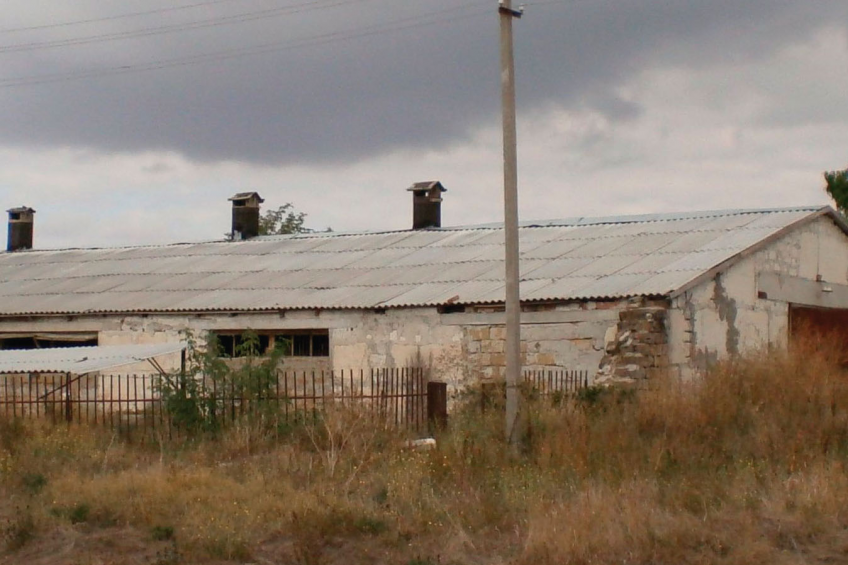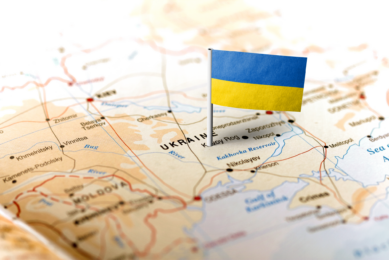Pig production in Crimea – what is it like?

The attention of the world turned to Crimea in March 2014, as the peninsula was the core of a Cold War style political crisis. There is a moderate amount of pig production as well as pork consumption on these Black Sea shores. What does it all mean for them?
By Vladislav Vorotnikov
Crimea may be ready to take history in its own hands and move away from Ukraine – for pork producers a separation from Ukraine may result in serious difficulties. As experts of the Ukrainian Association of Pig Producers pointed out, the pig breeding industry in the autonomous territory is not self-sufficient and largely dependent on Ukraine.
Official statistics mention that the total number of pigs in Crimea is about 220,000 head. In the list of the top-30 largest Ukrainian pork producers listed only one manufacturer from Crimea is listed – a company called Veles-Crimea, headquartered in Teplivka village, in Simferopol district. This 15th largest producer in Ukraine owns about 33,000 heads of pigs, spread out over several farms on the peninsula. The company produces about 5,000 tonnes of pork per year.
It is noteworthy, that industrial pig farming in the Crimea is weak – the region produces about 30,000 tonnes of pork per year, and 60% of this amount accounts to the small private farms of the citizens, which are probably most vulnerable to economical problems.
Most serious problem
However, in the current situation the most serious problem of pig industry in the peninsula is the lack of processing capacities. The local processing plants are capable of handling the maximum of only 13,000-14,000 tonnes of pork per year. Most of the live pigs from Crimea go to the mainland, in the Kherson and Zaporozskay regions, just north of Crimea. The political crisis and a possible disconnection from Ukraine could sharply raise exactly this issue of the lack of processing capacities.
Another possible problem is a shortage of feed production on the peninsula. Crimea does not have so much fertile land as most of continental Ukraine, and probably will not be able to fully support itself with the ingredients for animal feed production. Currently in Crimea two large feed mills are operating – one in the town Bakhchisaray and one in Saki district. Experts estimate that in the most favourable circumstances, the region could produce about 60% of its own demand.
The political crisis comes at a bad moment, as in recent years, Crimea was attracting foreign pig breeding and production investments. One that can be mentioned is a joint Ukrainian-Spanish project that would involve constructing a large pig farm in the region. Currently, all these projects are likely to be frozen until the crisis is resolved.
Consequences
Should Crimea join Russia, then the outward focus is likely to go into the direction of the Russian Federation too. Pig breeders may seek compensation for the damage they suffered. The ongoing budget crisis in Ukraine in March already affected their status as the support for pork production was withdrawn. The chances of them being heard is not completely unlikely, as in Russia, government support of pig producers is rising.
In addition, the Russian authorities announced that, should Crimea join Russia, investments worth US$30 billion may flow south for the development of the region’s business and infrastructure. Part of this money may end up in the pig industry.
Last but not least – what does it all mean for ‘normal’ Crimeans? If Crimea joins Russia, prices in general on the peninsula will grow by about 1.5 times, predominantly due to a lower standard of living than in Russia. Before the political crisis, the price of pork in Crimea was 40% lower than in Southern Russia.
Source: Pig Progress magazine 30.3 (2014)











